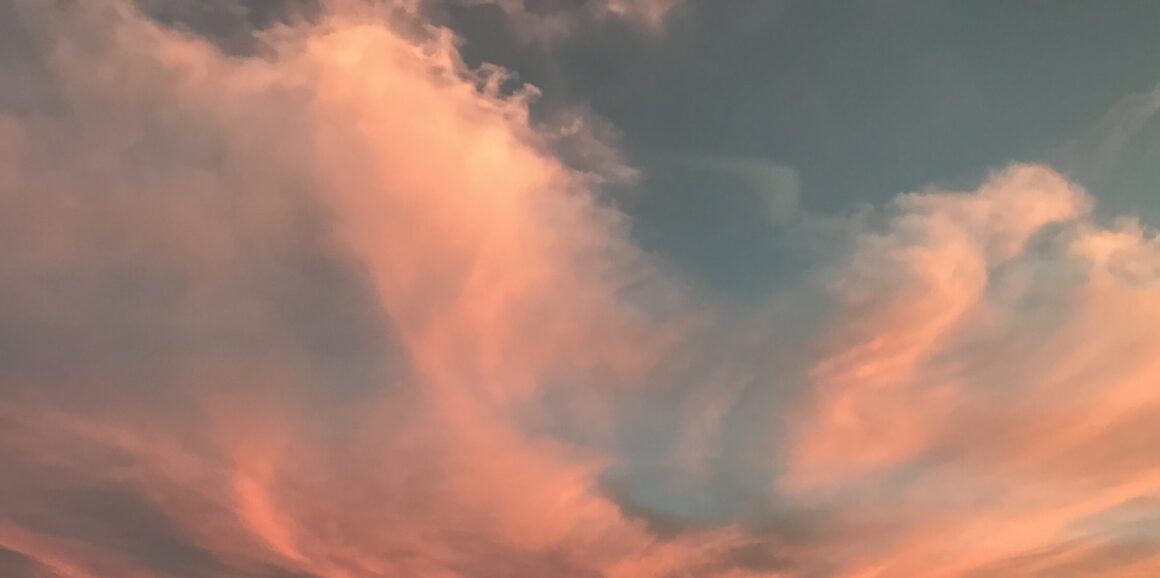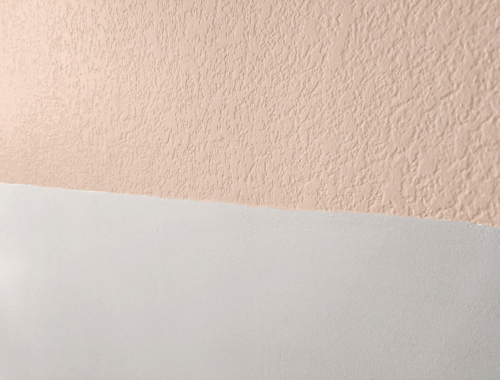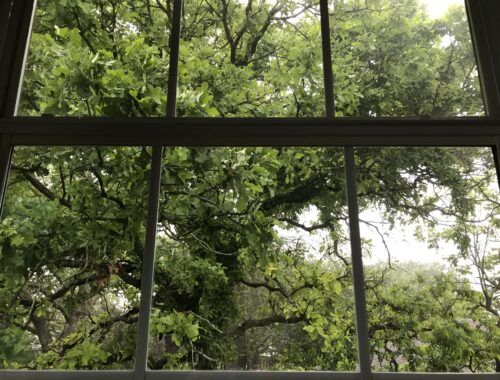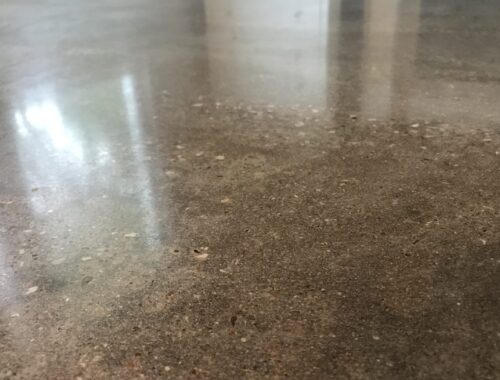
Undimmable Illumination
If you had asked me when I was younger (starting when I was in early elementary school and continuing until not long ago) what superpower I would want, I would have named invisibility, the optic and sonic fading away of my physical self, my essence still present in spirit and mind, ever observant and effective, without others’ awareness of me. As I continue aging, this is revealed as yet another example in my life of proving the adage of needing to be careful of what I wish for. In Olga Tokarczuk’s Flights, a female narrator observes, “She has realized that all you have to do to become invisible is be a woman of a certain age, without any outstanding features: it’s automatic.” Tokarczuk’s narrator goes on to summarize interactions with men (who ignore her completely), women (who are generally friendly, if they see her at all), and children, who, after staring at her solemnly, “finally turn away, toward the future.” The narrator has a few moments of “think[ing] of all the opportunities that this invisibility might afford—she simply has to learn how she can take them,” and this is the place, the crack, the tangle in the knot, that most interests me: How to slip into and through and all around?
Unless others tell us specifically—and only if they are both self-aware and honest enough to be doing so accurately—we can’t know what they are thinking about us, or why (or, in the case of invisibility, not seeing us, thinking about us, and why not), and actually, how much does that matter? Increasingly, with eyes on phones and outside noise-canceling earbuds streaming curated sound directly to brains, people create tiny cocoons around themselves as they move through the larger world; it can be hard for a chrysalis to see anything beyond itself. But if we ourselves are heads up, eyes and ears open, moving among (often younger) others, and we recognize that our physicality (even if still strong and vigorous and mobile) has somehow shimmered into translucence in the others’ gaze, I see there being two broad categories of our response to this perceived invisibility: Assertion and subversion. In the former, we can make ourselves more seen, more heard, more felt and recognized and known through the use of dress and behavior, voice and action, banging the table at our seat there (perhaps, as my grandmother would have said, with the gavel of our iron fists gloved in velvet, or not). There can be merit and value for this approach, societal and personal need for it, validity and purpose.
But the latter—this may be where the magic happens, in that quiet, liminal space, fully owned and self-defined, illuminated not by a spotlight but by an internal, undimmable flame. In our own invisibility, we become more acutely aware of how light bends through space, entering and enveloping ourselves and others (invisible or not)—our own existence and our mutual seeing and recognizing and connecting can coax the brilliance of our smiles through the clouds that otherwise darkened our faces, a lightening lift of head and shoulders, burdened back and bended knee. With ourselves a bit out of focus, we may witness more clearly the incandescent, radiant beauty all around us, emanating, amplifying, overwhelming into awe.




